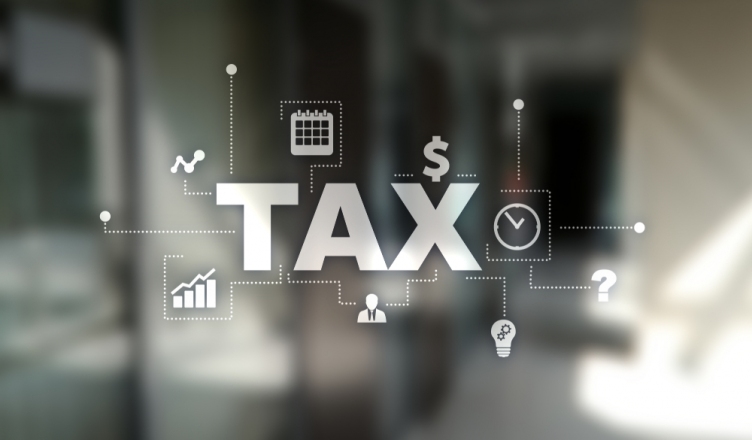Tax planning is an essential part of any small business. It is the process of looking at various tax options to determine how to conduct business and personal transactions in order to reduce or eliminate the tax liability. Small business owners must understand tax basics to comply with the tax laws. With the help of tax professionals and various tax planning techniques, you can ensure a successful tax return.
However, many small business owners ignore tax planning. They neglect taxes until it’s time to meet with their accountants, but tax planning is an ongoing process and good tax advice is a valuable commodity. It’s a good habit to review your income and expenses monthly and be in touch with your tax advisor to analyze how you can take full advantage of the benefits legally available to you. In this article, we shall discuss some tax planning tips that can go a long way in benefiting your small business.
-
Write off preliminary expenses
When beginning your entrepreneurial journey, a small business loan gives your business the much-needed boost financially. You may also incur certain costs that gets included when starting your business, these advance or start-up expenses come under capital expenditure. According to the law, Section 35D of the Income Tax Act allows you to write off those initial costs as a deduction, in five equal installments, over the first five years.
-
Business expenses
A lot of small business owners take a business loan for their business expenses. However, the law allows small businesses to claim deductions on expenses entailed while running the company on the revenues generated. This means you can reduce your tax burden by availing appropriate tax deductions on all your business expenses. However, for this to be possible, you have to record all your business transactions and expenditures diligently and systematically.
-
Additional depreciation
The Income Tax Act allows you to claim an additional reduction of 20% on any new machinery installed for your business during a year. This provision benefits specific industries mentioned under Section 35AD. This additional depreciation is applicable only during the first year of operating the new machinery.
-
Home office
If you use your home as an office for your business, you can reduce your tax burden by claiming a deduction on expenses related to your home office, including depreciation, utility bills, property tax, and mortgage.
-
Avoid penalty for late filing
As a responsible entrepreneur, it’s best to submit your tax returns before the due date. Or else you may have to pay a penalty. It is vital to maximize your tax benefits and utilize your capital wisely.
-
Make a retirement plan
A planned and timely exit strategy is a wise decision to make at the early stage of your business. Being a small business owner, the most treasured part of your net worth is your equity in the business. But do not rely entirely on your business as a retirement strategy. You can set aside some income regularly in a retirement account or create a specific plan towards retirement. This can help you reduce the tax burden while preparing for a comfortable future later.
-
Seek professional help
A good tax expert will guide you on more than just tax filing. He/she also provides tactical and proactive recommendations on how to maximize your deductions. Be in touch with your tax professional frequently to understand how things work and manage your taxes well.
With the above-listed tax planning tips, you can start planning your taxes smartly and efficiently. As a legal taxpayer in India, it is also very crucial to act in accordance with the laws and pay the necessary taxes when you start a new business. You can take full advantage of all the available tax deductions under the provision of the law.

